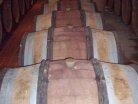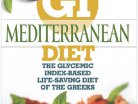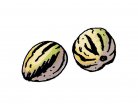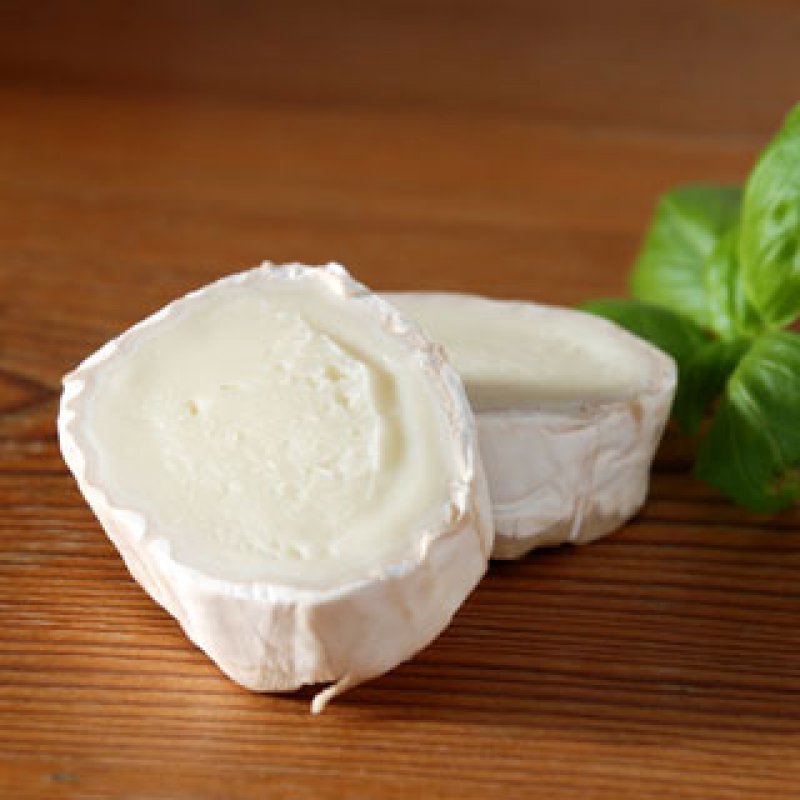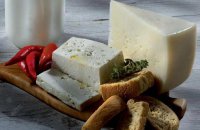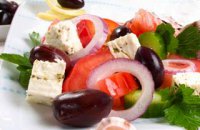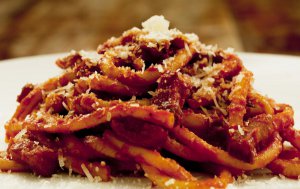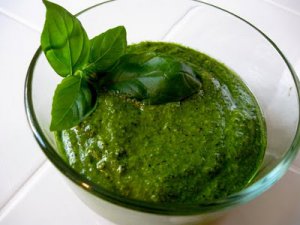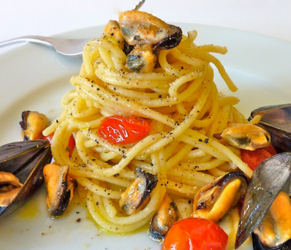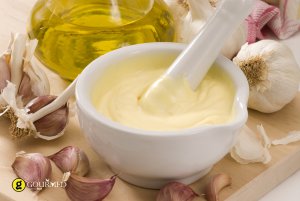Cheese is a fundamental, highly nutritional and very healthy product; 60gr of cheese a day covers the body’s requirements for protein, calcium, vitamins A, B, O and K, amino acids and iron. Hence, cheese is not only permitted, it is actually vital to good health for people of all ages. It is no coincidence that various types of cheeses, produced in particular countries, have been acclaimed as national treasures. Feta for the Greeks, Roquefort for the French, Emmental for the Swiss, Cheddar for the British and Mozzarella for the Italians! The relationship between cheese and wine is one of passion, intensity and imagination, yet should be perfectly balanced.
Suggestions for perfectly balanced combinations:
With the traditional Feta, “Kalathaki” cheese from Limnos, “Telme” cheese, “Manouri” or “Sfella” cheese from Messinia, it is best to drink an exuberant and spirited wine, such as the “Asyrtiko” from Santorini, that complements the particular character and colour of these cheeses.
Emmental will definitely have fun with “Moschofilero of Mantinia”, whose fine, acid freshness contrasts with the protein-full, Swiss cheese.
The richer “Ladotyri”, gruyere, “graviera”, and the powerful Brie, fit well with a Cabernet Sauvignon.
“Kopanisti” calls for white wine, roquefort is prepared to steal the show with a Muscat from Limnos (Moschato Alexandrias), while stilton longs for Maurodafni.
Cypriot “Haloumi” (raw or slightly grilled) searches almost desperately for the fruity Rombola of Cephalonia, causing the famous Formaella from Mount Parnassus to suffer fits of jealousy.
Smoked Metsovone cheese goes perfectly with the strong “Ksinomauro” from Macedonia, as well as with the fiery character of an alpine Cabernet Sauvignon.
The strong scented camembert requires a Merlot, while mozzarella is in full swing with the gentle, aristocratic Chardonnay.
For parmezan there is none other than the velvety Syrah, leaving British Cheddar to try and work it out with a dynamic Agiorgitico from Nemea.







